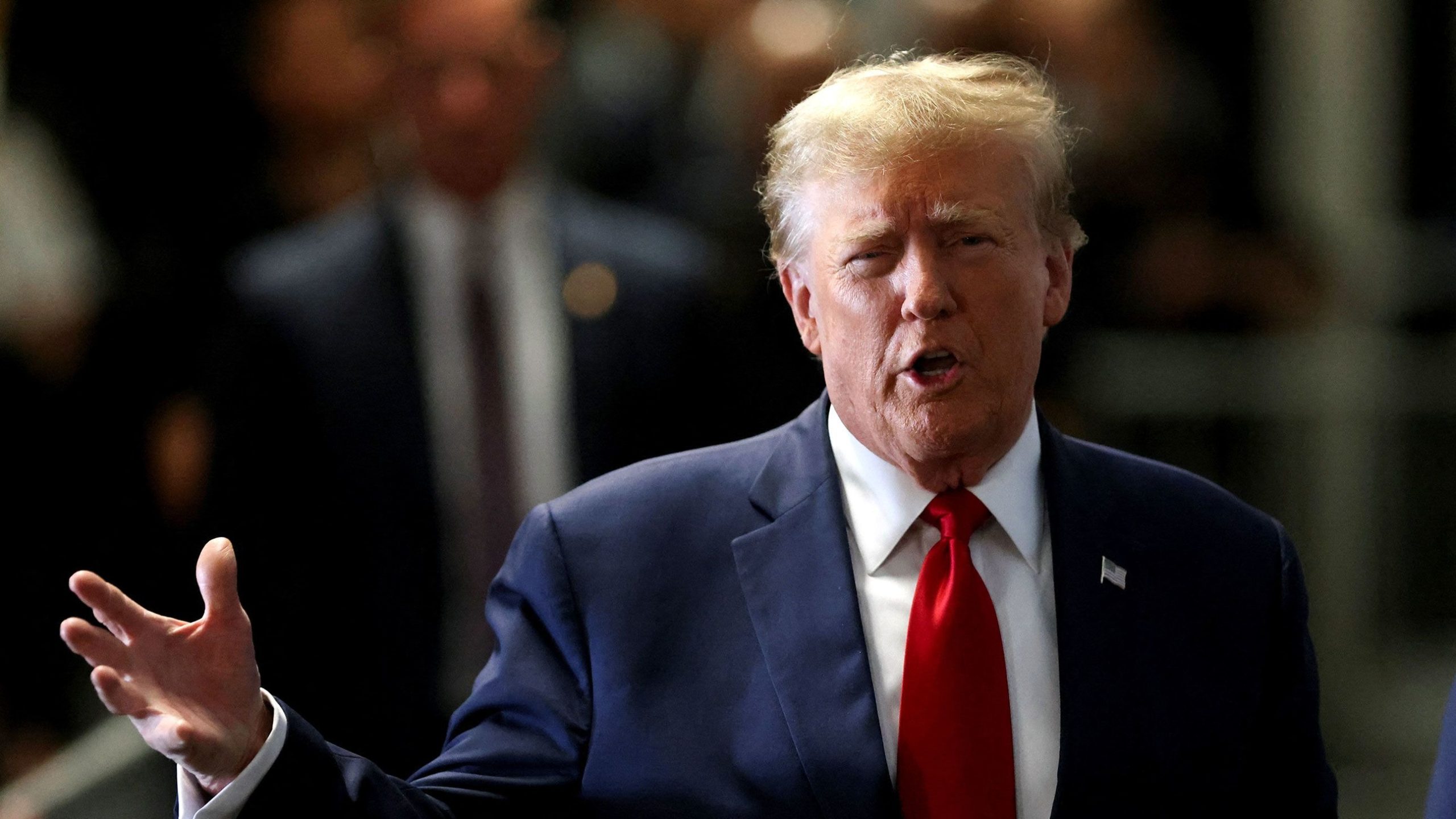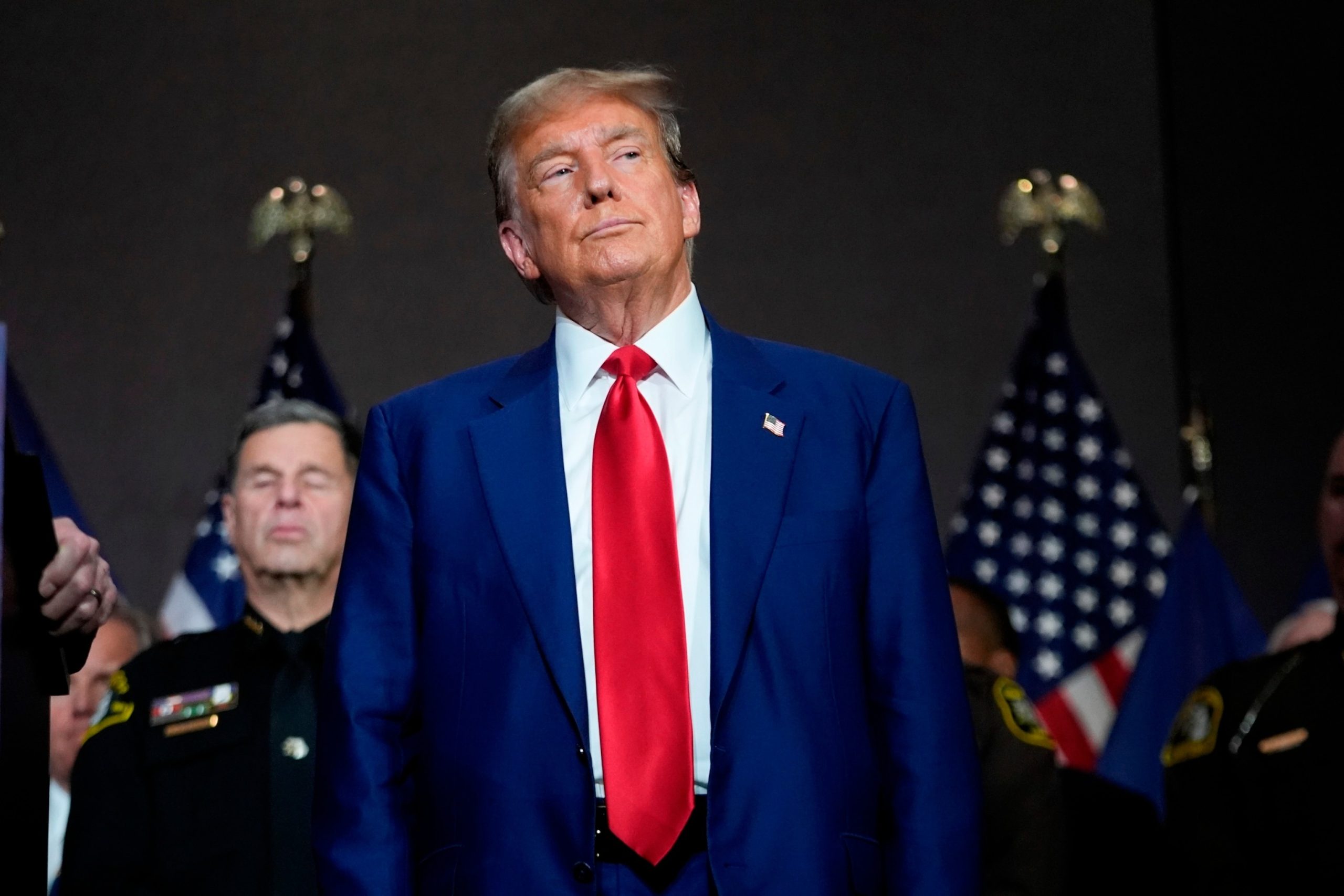Donald Trump recently made a statement on abortion that didn’t commit to a national ban, causing discontent among anti-abortion Republicans. Groups like the Susan B. Anthony List expressed disappointment, saying Trump’s stance cedes the debate to Democrats.
Prominent figures like Bob Vander Plaats and Senator Lindsey Graham also voiced disappointment, arguing that abortion is a moral issue, not a state’s rights matter. Despite some criticism, Trump found support from Senators Josh Hawley, Ted Cruz, and John Barrasso, who emphasized the role of voters and states in deciding abortion policies.

Presidential Candidate Donald Trump (Credits: Colorado Springs Gazette)
Trump’s strategy appears to neutralize attacks suggesting he would back a national abortion ban, a concern among Evangelical Christians. By leaving room for interpretation, Trump aims to retain conservative support without committing to specific policies.
Some view this as a savvy political move, allowing Trump to claim he supports states’ rights while avoiding potential backlash from a national abortion ban.

Ex-President Donald Trump (Credits: CNN)
However, some Republicans argue that Trump’s vague stance doesn’t address voter concerns effectively. They believe he needs to clarify his position, especially after appointing conservative Supreme Court justices who overturned Roe v. Wade. Critics suggest that Trump’s approach is too wishy-washy and doesn’t align with the majority of Americans’ views on federal pro-life legislation.
Lastly, Trump’s statement on abortion reflects his strategic ambiguity, aiming to appease different factions within the Republican Party while avoiding direct commitments. This approach has drawn mixed reactions, with some seeing it as an intelligent move to navigate a contentious issue, while others criticize it for lacking clarity and meaningful policy direction.























